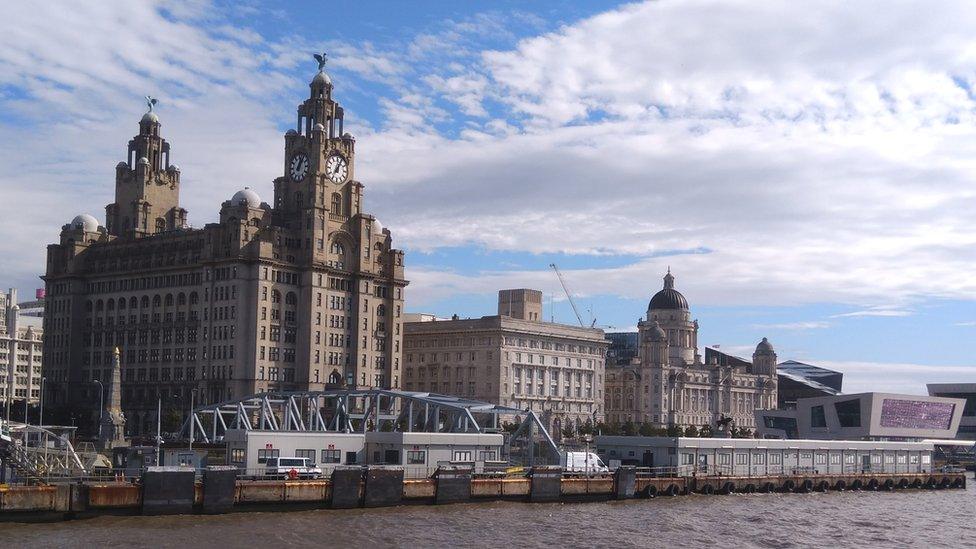Liverpool City Council: Staff at council feared speaking out
- Published
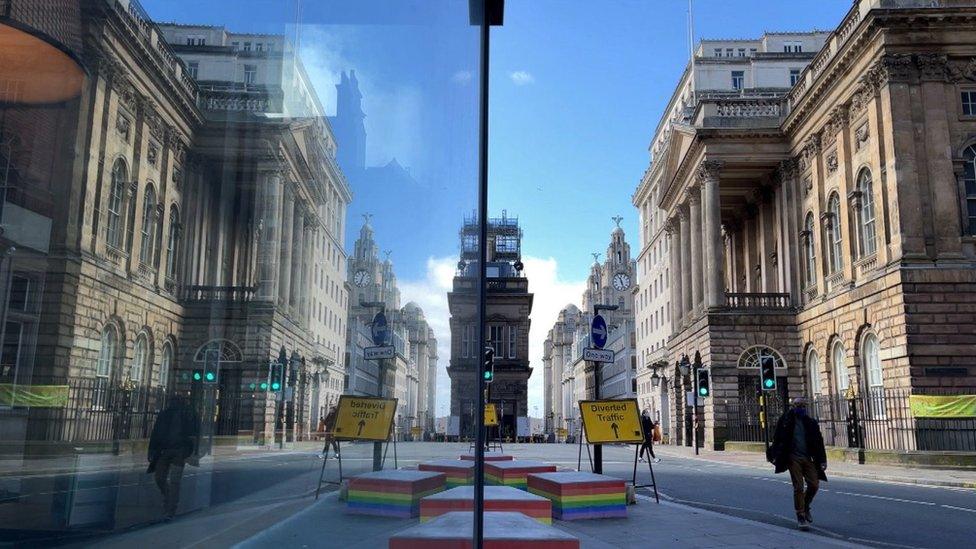
Max Caller told the BBC council staff were offered the chance to give evidence to his team on street corners
Staff felt intimidated about speaking out on failings at a city council and there were "credible" fears for their safety if they did, an inspector says.
Max Caller told the BBC his report into problems at Liverpool City Council left out the names of those who spoke to him because they worried about reprisals.
The report was published in March, and a police investigation continues.
The council has said it accepts all the report's findings and it was one of the most difficult periods in its history.
Setting out its response to the government, external, the council said it would work with commissioners appointed to oversee parts of the authority.
"Although this is one of the most difficult periods in the council's recent history, it is also an opportunity to reset the council as a leading local authority," it said.
"It provides a platform to shine a light on, and remove, practices and behaviours of both officers and members which have no place in our council."
'Serious people'
Government inspectors were sent to investigate the Labour-run council after five men were arrested by police investigating allegations of fraud, bribery, corruption, misconduct in public office and witness intimidation at the council.
They included then Mayor of Liverpool Joe Anderson, who has since stood down. All the men deny the allegations.
On Saturday, Joanne Anderson - no relation to Mr Anderson - was declared as the city's new mayor.
Mr Caller's review found a dysfunctional council, which frequently did deals that did not provide good value for taxpayers. However, the subsequent report did not include a list of the people who had spoken to the inspection team, which is highly unusual.
In his first full interview since the release of the report, Mr Caller told BBC News the need to protect the identity of council staff "really weighed quite heavily on what we did".
Staff "felt that if they came forward and were named, there would be retribution", Mr Caller said, adding: "I came to the conclusion that to protect the individuals I could publish no names."
He described it as "serious people" who had "serious concerns", who were "seriously worried about the outcomes if they were identified as coming forward".
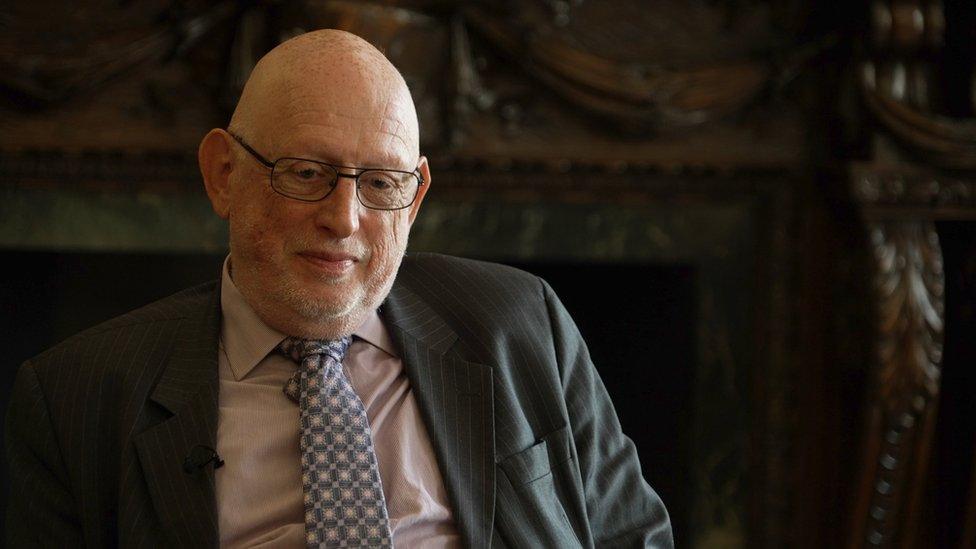
Mr Caller said some staff were "seriously worried about the outcomes if they were identified as coming forward"
To reassure staff they could talk to his team in confidence, Mr Caller made it known they didn't have to meet him inside the council building, where he was running his investigation.
He said: "I made it clear to people that we would meet them on street corners. That we would meet them on Zoom. That they didn't have to be seen coming into any meeting room where I was at."
The BBC has also spoken to council officials who don't want to be identified. They said during the years in question, there was a "small cabal of people" ruling the roost at the council.
They talked of insidious intimidation, of pressure being put on some staff to make questionable decisions, and of colleagues leaving on the grounds of stress.
The government inspection ran alongside a Merseyside Police criminal investigation. It meant Mr Caller wasn't able to publish all of his findings publicly, for fear of prejudicing those proceedings. But he was able to supply the police with material he had uncovered.
Mr Caller is now helping the council work on its recovery plan. He believes there is a hard road ahead, with further setbacks likely, and more revelations to "creep out of the woodwork".
But he says he is optimistic the council will get back on its feet and "signal that it's committed to being back in the mainstream of local government".
The council said it would take forward his recommendation to move away from annual elections and to all-out elections every four years. And it said it was considering a motion to bring forward the date of the proposed referendum on a city mayor from 2023 to 2022.
The measures will be debated at an extraordinary meeting of the city council next week.
Follow Judith on Twitter, external
Related topics
- Published15 April 2021
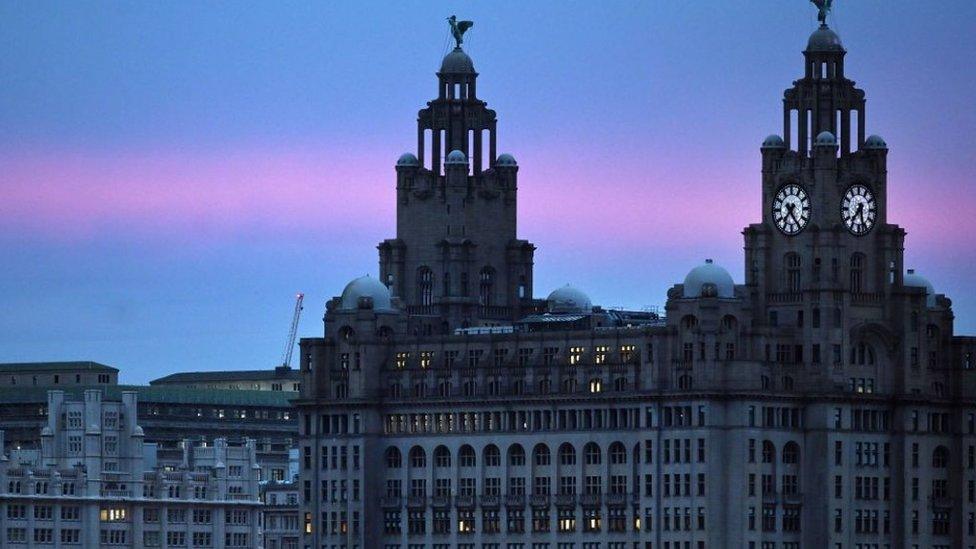
- Published24 March 2021
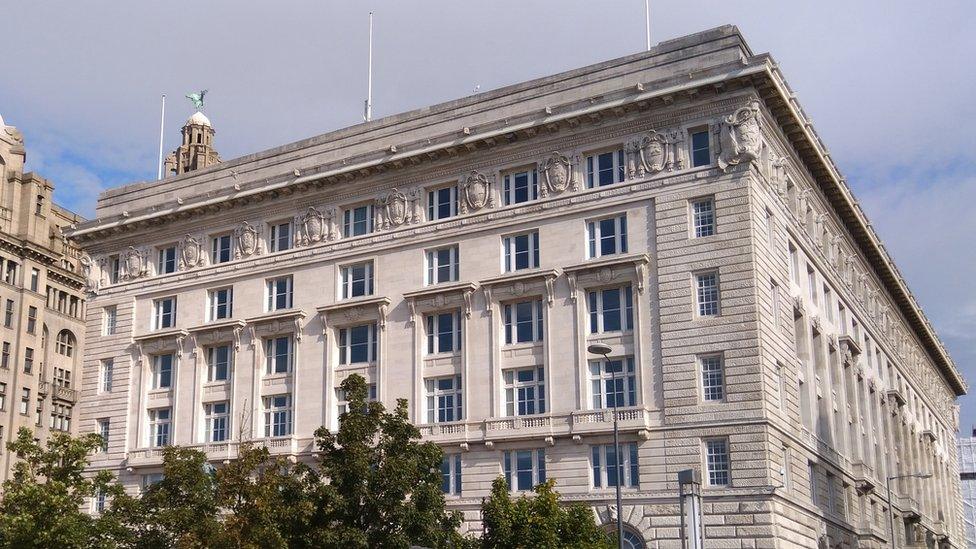
- Published24 March 2021
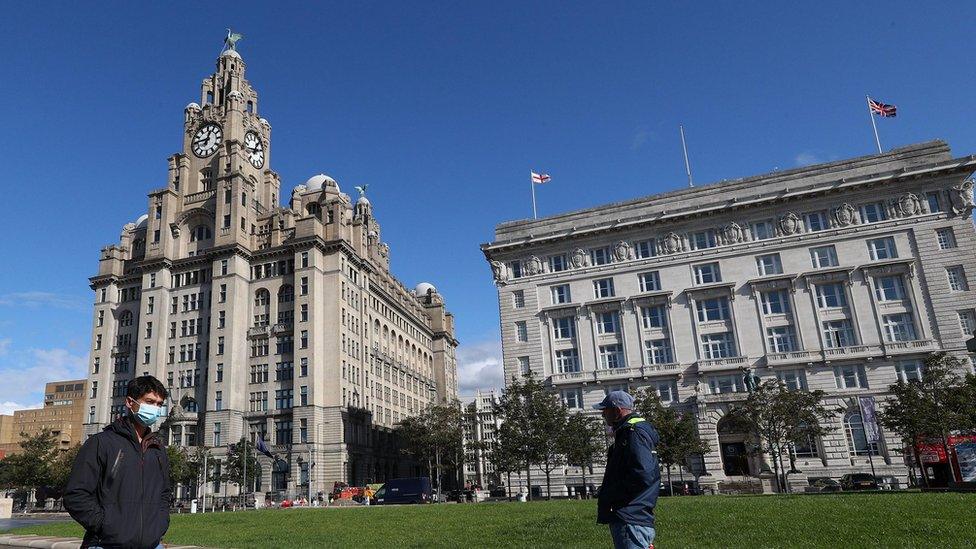
- Published29 March 2021
